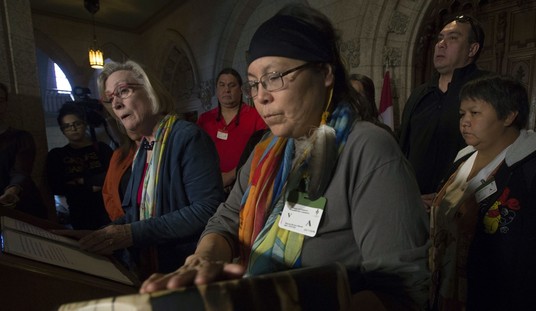I am not an economist; I confess that I sometimes have the wicked and unworthy thought that economists aren’t really economists either.
For example, I once heard one of the best and most brilliant of them, Larry Summers, interviewed on the BBC shortly before the economic crisis became unavoidably obvious. The drift of what he had to say was this: he thought there probably would be a recession, but it was possible that there wouldn’t be. If there was one, it might be shallow or it might be deep, or somewhere in between the two; and the same applied to its possible length or brevity.
Nice work, I thought, if you can get it, but then I had a more charitable thought: a man, other than an out-an-out monster, ought to be judged by his best rather than his worst. And I assumed that the BBC interview was not among Professor Summers’ finest moments.
Be that as it may, few of us have any hesitation about expressing an opinion about economic matters in the way that all of us (save, perhaps, for dialectical materialists of the old school) hesitate to express an opinion about particle physics. So when I read that President Obama had a plan to relieve distressed homebuyers, I thought it not unreasonable to add my own mite.
The president is above all a politician rather than an economic theorist, and he is constrained to do not what is right in theory but what he thinks will get him reelected in practice. He has to estimate whether coming to the relief of embarrassed homebuyers (and banks) will gratify more people than it will irritate. In this instance, we can only hope the expedience is in accord with prudence.
There are, apparently, seven million households in America that are behind in their mortgage payments, and 11 million households in which the amount of the mortgage loan is greater than the value of the house against which the mortgage is secured. (Of course, if property prices fall further, there will many be more such households.)
Clearly there is a lot of potential for economic disruption here, to say nothing of human suffering. And clearly the situation is a complex one; there is no painless way out of it, any more than there is a way to square the circle. Economic wisdom and just deserts do not always tend in the same direction.
However complex a situation, though, nothing is gained by sentimentality, and Mr. David Stevens, of the Federal Housing Administration, was sentimental. He said that the government was developing “a program for responsible homeowners who through no fault of their own find themselves in a situation of negative equity.”
No doubt such responsible homeowners as he described could be found if looked for hard enough, but not in such numbers that their bad luck could have precipitated a financial crisis measurable on the Richter scale. Such a crisis could have developed only if there were millions of homeowners, or should I say people who took out loans to buy homes, who behaved not responsibly, but irresponsibly.
This does not in any way exonerate crooked mortgage brokers, careless or dishonest bankers, or a government that failed to notice that anything was wrong; nor does it mean that the millions of irresponsible “homeowners” were the worst villains of the piece. But the man who drives the getaway car from an armed robbery is not innocent because he did not instigate or plan the crime, nor would we think much of a criminal justice system that exonerated him completely on those grounds.
If you really believed that there were millions of people who ended up with negative equity “through no fault of their own,” you would believe that there were millions of people who, morally speaking, were minors, that is to say had no capacity to judge, control over, or responsibility for the conduct of their own affairs. Whether such moral and intellectual incompetents (if they really existed) should be allowed the vote is a question I leave to political philosophers.
We see in this characterization of loan defaulters as helpless victims a version of the noble savage. Ordinary people, predominantly at the lower end of the social scale, are not on this view capable of being imprudent, feckless, improvident, greedy, and dishonest; they cannot be expected know that it is dishonest to claim an income five times larger than the one they have for the purposes of obtaining a loan.
Let us at least be clear, and have no humbug, about the reasons for measures to assist the “distressed” homeowner who has a large mortgage that he cannot service. It is not because he has negative equity “through no fault of his own,” or to render him victim compensation. It is to avoid a further collapse in the property and financial markets. Whether this is the right, that is to say the economically prudent policy, is a matter of debate; but it should not be undertaken under the banner of preventing a massacre of the innocents. In this story, there are very, very few innocents.









Join the conversation as a VIP Member